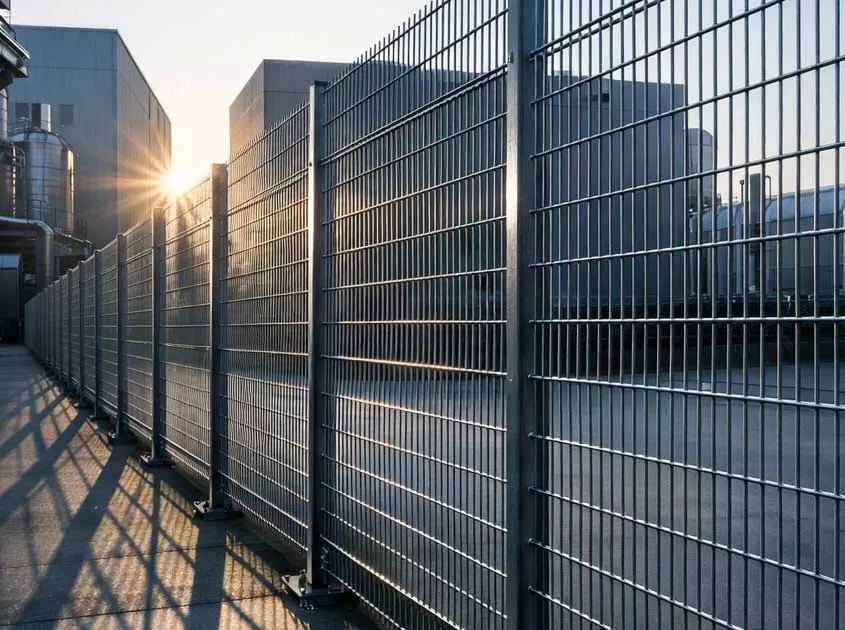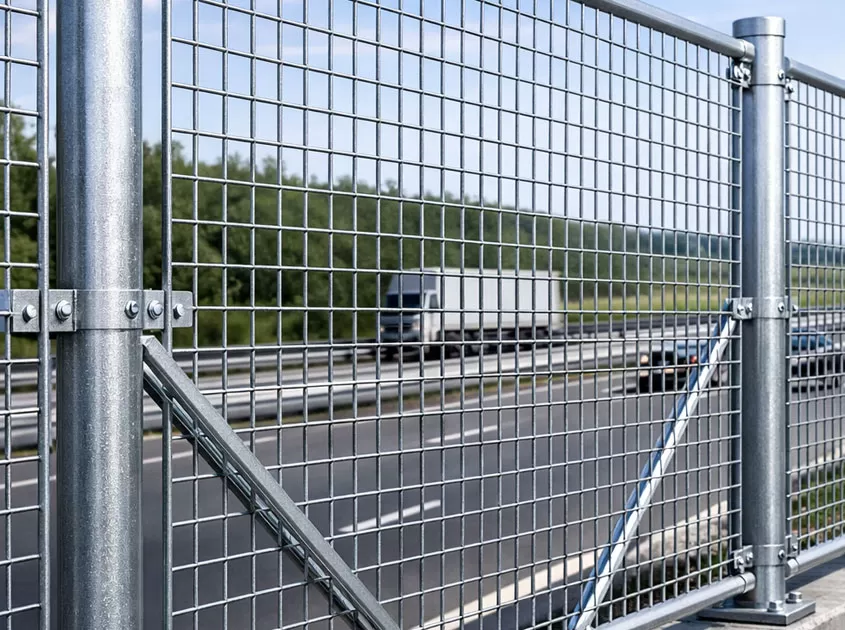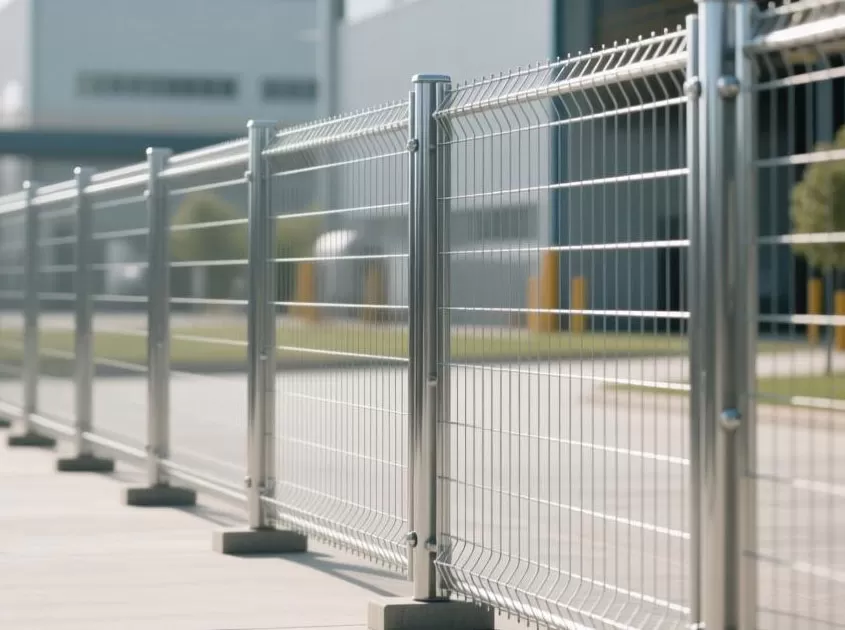What’s the best kind of chicken wire and fencing
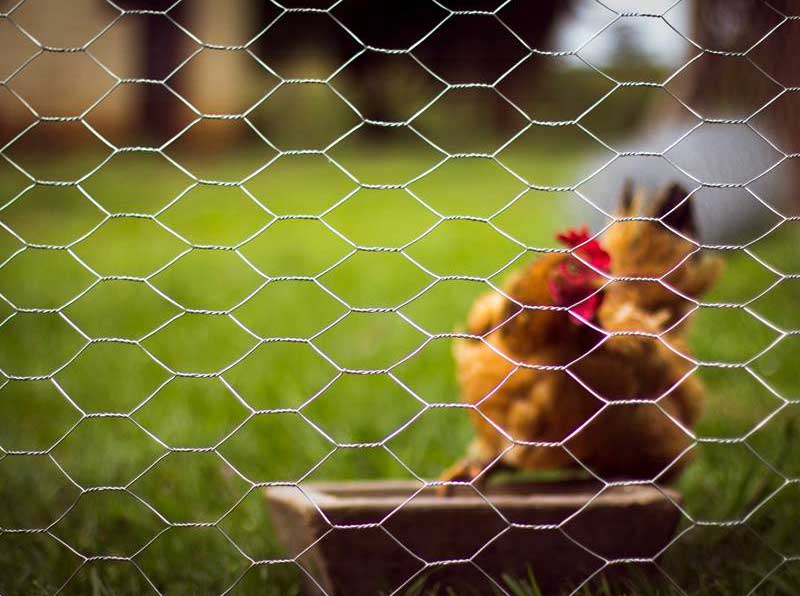
It is essential to set up fences around chicken coops or chicken farms, so that the chickens can be enclosed and protected from pests and natural enemies. This will prevent rats, snakes, etc. who want to eat chicken or dogs, raccoons, foxes, eagles, etc. who want to eat your chicken for dinner. There are several kinds of wires and fences, here I will discuss some of them:
Galvanized hardware cloth. This is the best material for closed houses or closed operations. In particular, you need 1/2 inch galvanized hardware cloth (usually No. 19). Smaller openings may be too brittle, and larger openings will not deter rats or snakes. Hard cloth is divided into 3 feet, 4 feet, 5 feet and 6 feet, the most common of which are 3'and 4'rolls, with lengths ranging from 5 feet, 25 feet, 50 feet to 100 feet.
Wire mesh is made by braiding or welding steel wires together and then hot-dipping them in zinc (galvanized) to prevent rust. It is a hard product, but you can bend it by hand, cut it easily with a pair of barbed wire cutters, and then use 3/4-inch galvanized poultry fence nails to fix it to the frame or column. After bending into a certain shape, the hardware cloth can maintain its shape well. Avoid using staples in manual staplers. They are prone to rust, and if/when they slide out, they will be pecked. On the other hand, galvanized staples fired from a pneumatic stapler gun work well.
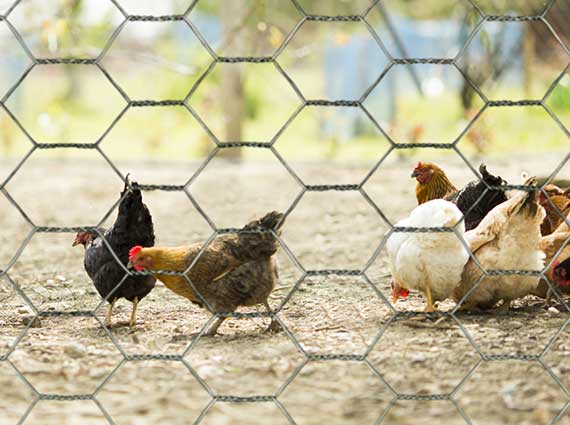
Perhaps because of its name, this is what most people think was the first to be used in their cabin. It is woven from filaments to form a hexagonal opening. It is relatively cheap, but it will rust soon. Although it can let your chickens in, it won't keep the raccoons out. Chicken wire can be used as a fence in the yard during the day, where you can stay alert. Some people use it on the upper part of the chicken house/enclosed fence to save money. Remember, if a rodent climbs there, it can also pass through the opening.
Chain link. This type of fence is strong and easy to use. It will lock the chicken in and keep the dog out, but the raccoon’s hands and arms can reach in and create a terrifying sight. Therefore, please make sure that your chickens also retreat to avoid threats.
Rabbit wire fence. This is a thick gauge welded steel wire fence with a 3 inch or 4 inch square or rectangular opening. When it is connected to the floor of an ark cabinet such as a kitchen ark or a tractor, it can provide good security; due to the large opening, it can prevent predators from entering from below, but it can make chickens more naturally Predation and scratching on the ground. Like chain links, rabbit fences can also work near day yards-for this purpose, there are some variants with narrower openings at the bottom of the fence and wider openings at the top.
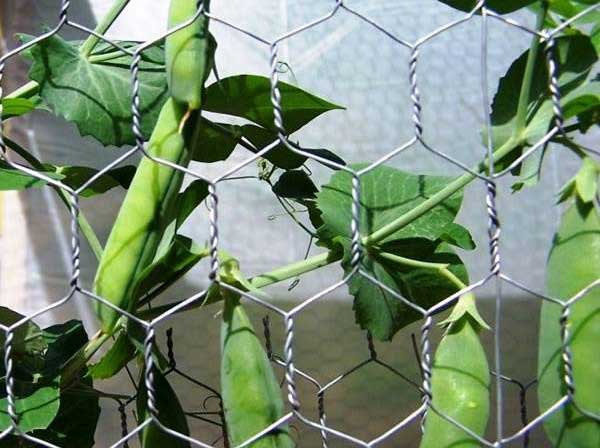
Electric fence net. Some farmers have built wide-range electric fences around chicken coops to allow chickens to range freely. You connect the fence to a portable power source, which will impact any creatures that touch it, effectively keeping them around. If you have enough space, then this is an economical option to define a large area and avoid ground predators.
Basically, I’d suggest attaching 1/2″ hardware cloth to all open-air sides of your coop and enclosed run. Secure it so that there are no gaps larger than 1/2″, and bury it at least a foot — or flare it out in a 2-foot skirt around the base of your coop, staked above the ground and buried under a layer of sod or mulch. The other materials could come into play for the chickens’ daytime run.
Found this useful? Contact Us: sales@qunkunmetal.com! Get practical information you can use on coop building, chicken keeping, and more.
-
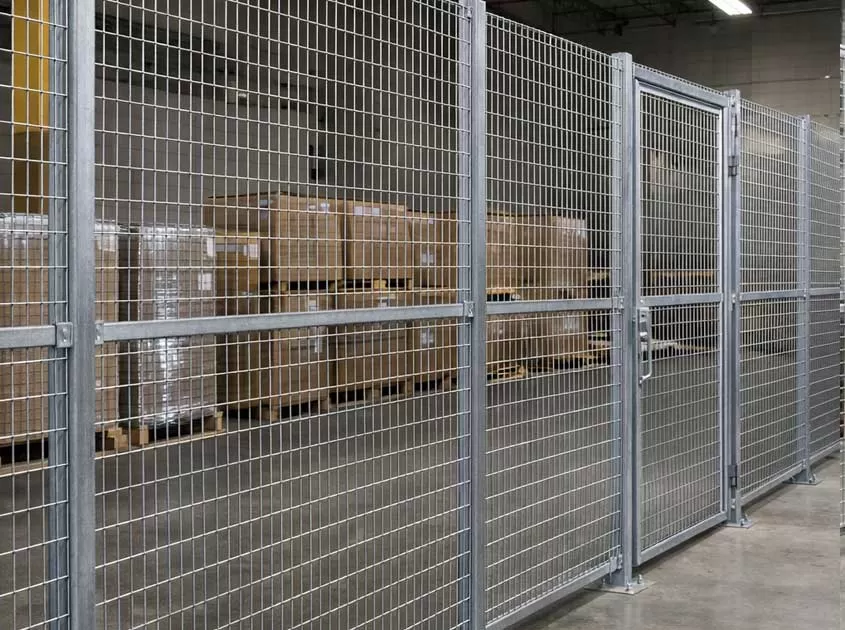 Best Welded Wire Mesh for South American Markets Feb 03, 2026
Best Welded Wire Mesh for South American Markets Feb 03, 2026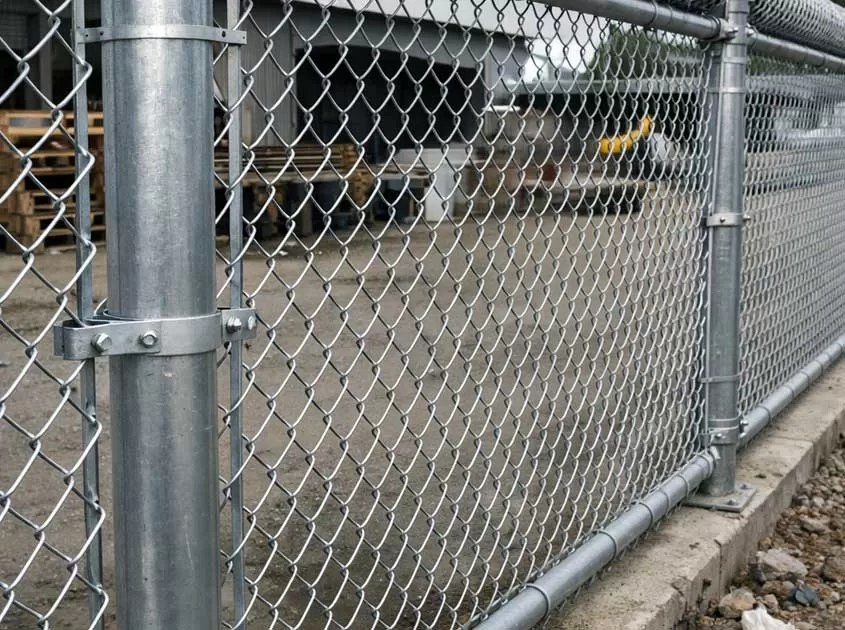 Why Galvanized Wire Mesh Is Popular in South America Jan 26, 2026
Why Galvanized Wire Mesh Is Popular in South America Jan 26, 2026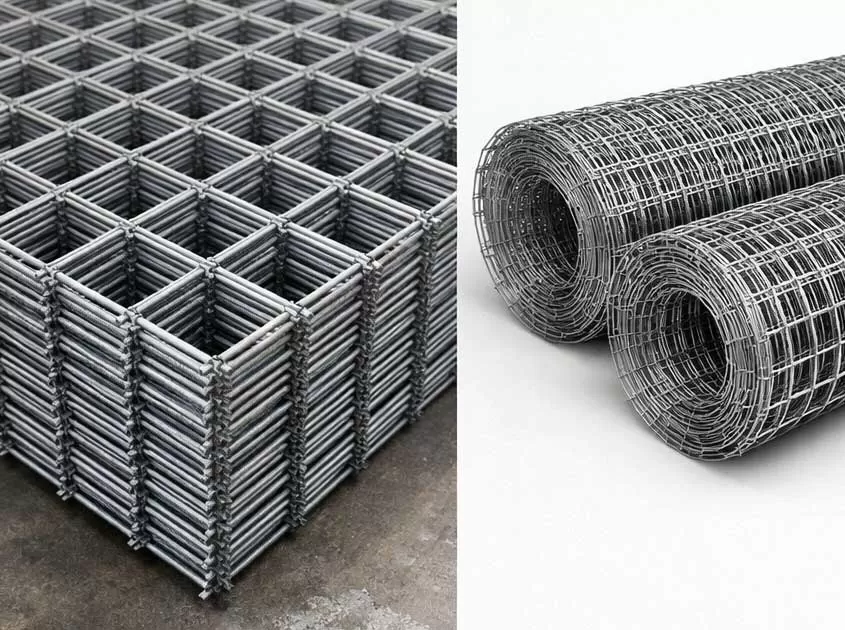 How to Check the Quality of Welded Wire Mesh Jan 16, 2026
How to Check the Quality of Welded Wire Mesh Jan 16, 2026

- Tel.: +86 311 83077076
- E-mail: sales@qunkunmetal.com
- Skype: qunkunsales01
- WhatsApp: 8618032412189
- Add.: No.69 The Filter Industrial Part of Anping, Hebei, China





